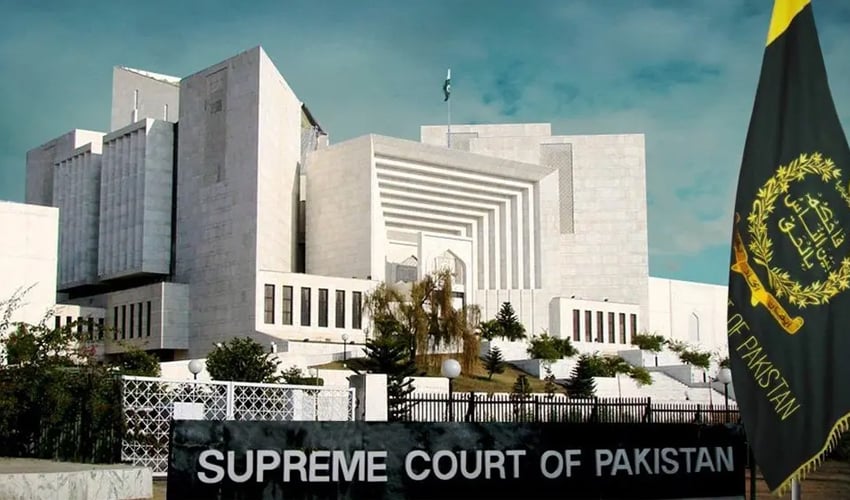The Supreme Court has overturned the Sindh government’s decision to allow a 15-year age relaxation for government job applicants, reaffirming the Sindh High Court’s order regarding the September 8, 2020 notification.
According to the ruling, the maximum permissible age relaxation under the APT Rules is 10 years. The Sindh government had previously notified an age relaxation applicable to all vacancies filled through the Sindh Public Service Commission (SPSC).
The court’s judgment, authored by Justice Muhammad Ali Mazhar, highlighted that the secretary of the concerned department was authorized to grant up to 2 years of age relaxation, while the chief secretary could only extend it by 5 years. The court criticized the Sindh government’s extension to 15 years as unjustified and excessive, emphasizing the need for a reasonable benchmark.
The judgment pointed out that the chief secretary admitted to the anomaly but provided a flawed justification, claiming that the lack of major appointments over the past decade warranted such an extensive age relaxation. The court stated that this rationale does not justify the exercise of unrestrained discretion.
The ruling also discussed the implications of allowing a 15-year age extension, noting that a candidate could begin work at 45 and retire at 60, thereby claiming substantial pension benefits, which would be unfair to those who have served longer.
Furthermore, the judgment stated that the chief secretary had proposed withdrawing the notification and revising the relevant rules to ensure a fair recruitment process. It stressed that the SPSC’s role is to select the most deserving candidates, and any bias or favoritism would lead to serious disruptions in the civil service.
The court underscored the importance of transparency and merit in the recruitment process, asserting that a lack of integrity in appointments undermines public trust and governance. It called for an equitable and trustworthy process to attract competent individuals while discouraging nepotism and favoritism.










